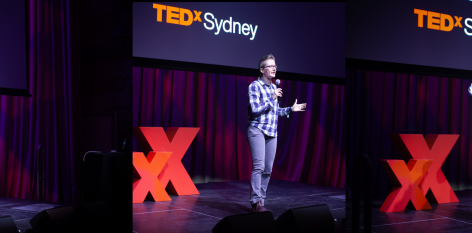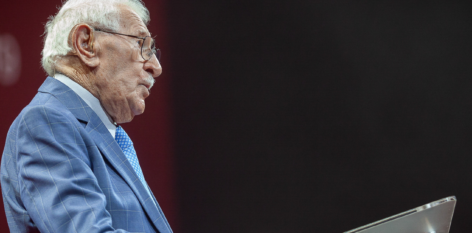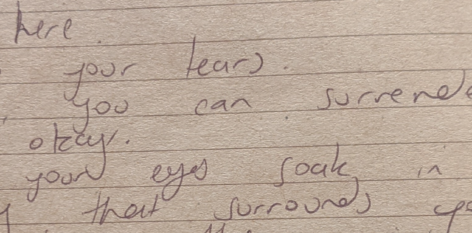Unlearn
un/ləːn
verb: To make an effort to forget your usual way of doing something so that you can learn a new and sometimes better way – Cambridge Dictionary
The University of Sydney believe that looking at real-world challenges from a new perspective might reveal a hidden path. It is with this philosophy that TEDxSydney is proud to bring you the opportunity to unlearn gender equality.
At present it’s fair to say there is gender inequality in the workplace. But what if there wasn’t? Landmark research being done at the University of Sydney is providing policymakers with the evidence to transform women’s work rights.
A recent McKinsey Global Institute report stated that, if workplace gender equality was established, the annual Global Domestic Product would increase by $A41.2 trillion by 2025. Furthermore, a lack of workplace flexibility to accommodate responsibilities women have outside of the workplace is a key contributor to the full-time gender pay gap in Australia of 13.96%
What if we could unlearn these ‘norms’ and create a new reality?
This is the type of question that underpins what has been called a watershed moment for Professors Baird and Cooper, co-directors of the University of Sydney’s Women and Work Research Group. Their work, a national trailblazer in identifying the building blocks needed to achieve gender equality in the workplace, is bringing equality within reach for women.
Their recent publication, The Australian Women’s Working Futures Survey is the first time women aged between 16 and 40 years were asked about their own working futures. The project is a large one with a national survey and focus groups with 25 different occupational and identity groups of young women workers.
Armed with this information Baird and Cooper then set to translating those findings into how to instigate real, positive change in the workplace.
The insights from the study are a lot broader than occupation, industry and hierarchy but go to things like what women experience at work at the moment, what they fear for in the future and what they hope their careers will look like.
It is the shift in focus, from what has happened in the past, to what women want to happen in the future, that makes this research ground-breaking for women’s rights. Professor Baird commented: “Women are saying they are going to work until they are older than 60. That is a huge shift Yet the majority of our policies are built around men staying in the workplace for the long term, and not around women doing that.” Insights such as this are further strengthening the evidence the Women and Work Research Group is compiling to instigate change in employee engagement, attraction and retention, productivity, profit and career advancement. Looking at women’s experience so holistically is important, as the research also found that 96% of women see job security as a key influence in employment choice. “We have insights on family formation, career trajectories, respect, flexibility, pay, precarity and more.”
Attitudinally, there is still a way to go, less than a third of women surveyed (31%) thought men and women were treated equally in the workplace; in contrast 50% of men thought this was the case. Understanding the necessary steps for change is one thing, what makes this research so important is the work Baird and Cooper also do to help these insights inform not only employer policy but also government policy. Read more about the research at the University of Sydney.













